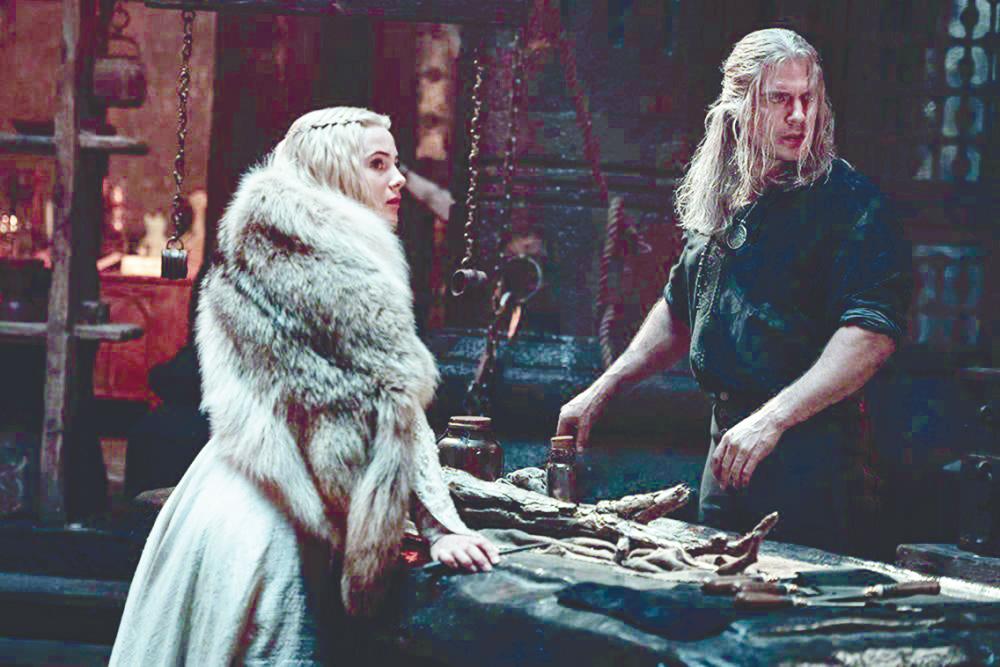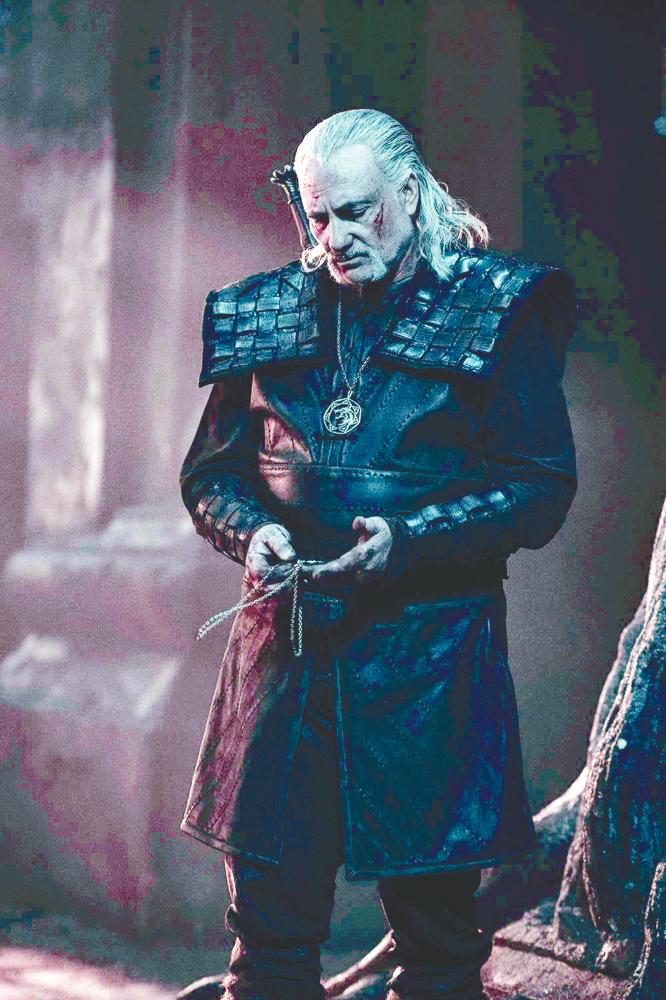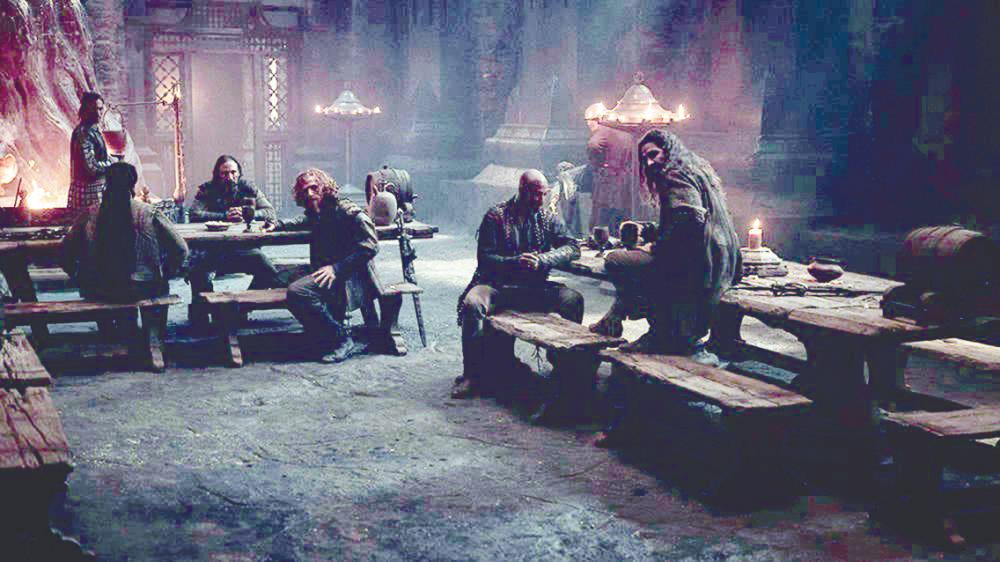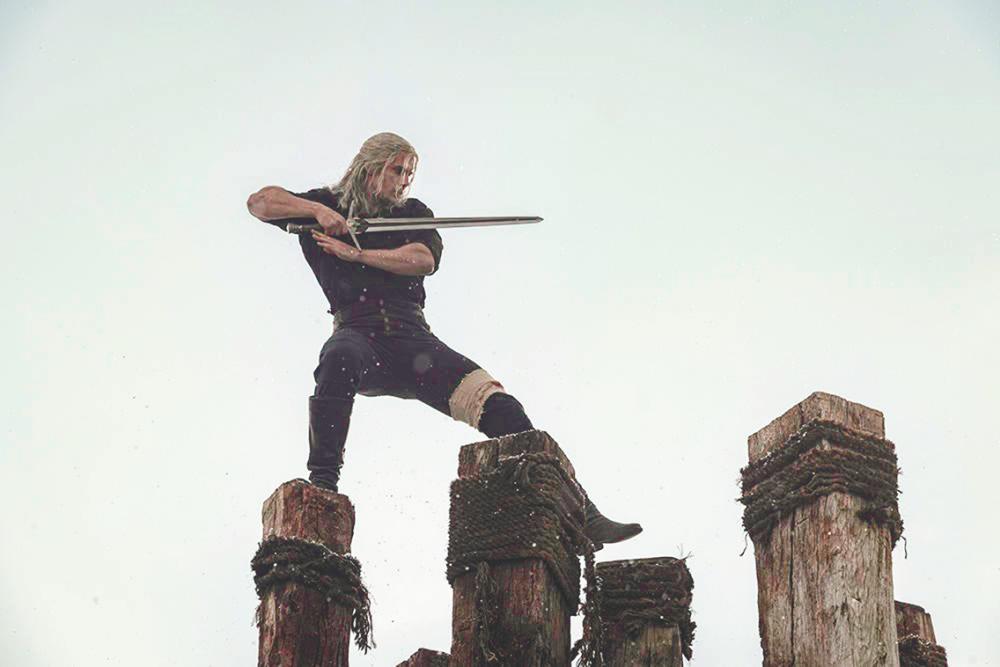STILL out of a job when it comes to reprising his role as Superman, Henry Cavill returns to the world of monsters and magic in the second season of The Witcher, with the major cast from the first season returning as well.
Following up with where the first season left off, Cavill’s Geralt of Rivia is now tasked with the protection of his ‘daughter’, Ciri (Freya Allan) from the worldly forces of politicians that seek to use her position as a crown princess for control over the land, and otherworldly forces desperate to use Ciri’s mysterious magical talents for nefarious goals.
Joining the returning cast are new characters, particularly the brotherhood of Witchers that Geralt comes from.
With so many elements to juggle, does the second season succeed in doing the impossible? Is it able to properly convey the contents of several books and videogames in eight one-hour episodes?

To preface The Witcher’s second season on Netflix, it’s best to point out two very obvious things. Firstly, fans of The Witcher videogames will be disappointed with how Netflix handles the story, lore and characters in the show’s second season.
Secondly, fans of The Witcher books will be even more disappointed with the second season than the first group.
Much like the first season, The Witcher continues to take creative liberties when it comes to adapting the source material from print to live action. The changes are too many to list, but suffice to say, some work – but most don’t.
Often to the detriment of the story the second season is attempting to tell, these creative liberties highlight the biggest issue with the direction the Netflix series is heading towards; commodified, easily accessible entertainment media akin to teen shows on The CW network.
Characters behave and act in ways that run contrary who they’re supposed to be. It’s not a matter of these characters not being carbon copies of their book and videogame counterparts; these characters simply don’t behave how the series itself portrays them when they’re introduced.

Take Vesemir (Kim Bodnia), for example. As the oldest of the remaining Witchers, Vesemir is introduced and portrayed for most of the episodes as the wisest and calmest compared to the more unruly younger Witchers.
In the final episode of the season, Vesemir is written as completely antithetical to how he was in the previous episodes. This recurring problem is evident with every other major character.
Putting the characterisations and convenient, somewhat contrived writing aside, The Witcher’s second season does have moments where its charm shines through, such as its improvement on having Geralt talk more, and how the scenes between Geralt and Ciri when it comes to the Witcher lore (hunting monsters, training etc) shine the best.
But these are far and wide in between. The best episodes with the aforementioned are frontloaded in the second season, while the backloaded episodes are largely generic fantasy storytelling (think Game of Thrones’ last season).
Despite its flaws, the second season is a general audience crowd pleaser, which is most likely what the focus test groups dictated to produce something as by-the-numbers fantasy action series as this has turned out to be.

With the primary antagonists of The Witcher, the Wild Hunt joining the series as early as the second season, the direction that the series will head in the third season is a mystery after how the second season has diverged from the separate lores established in the books and videogames.










